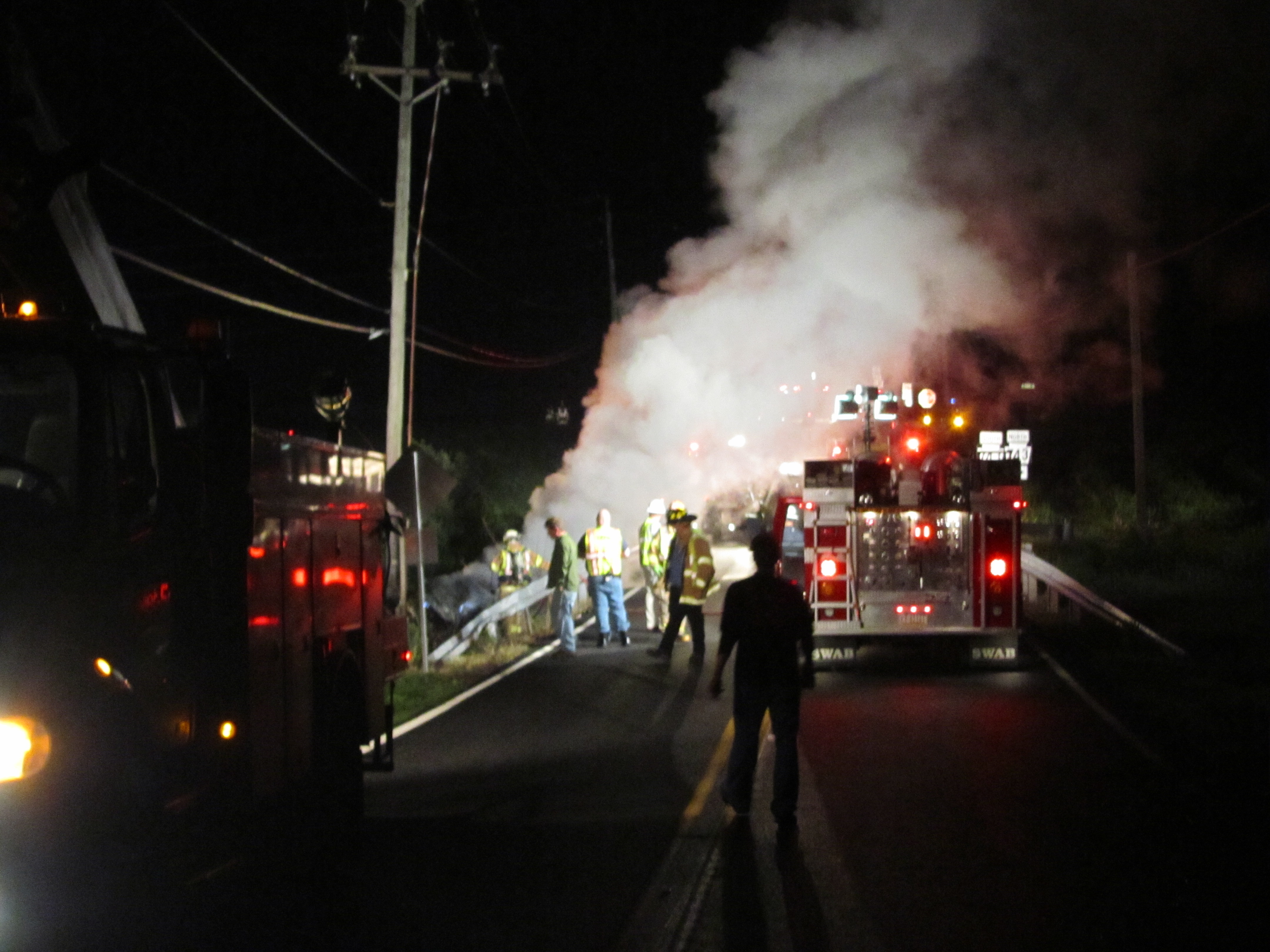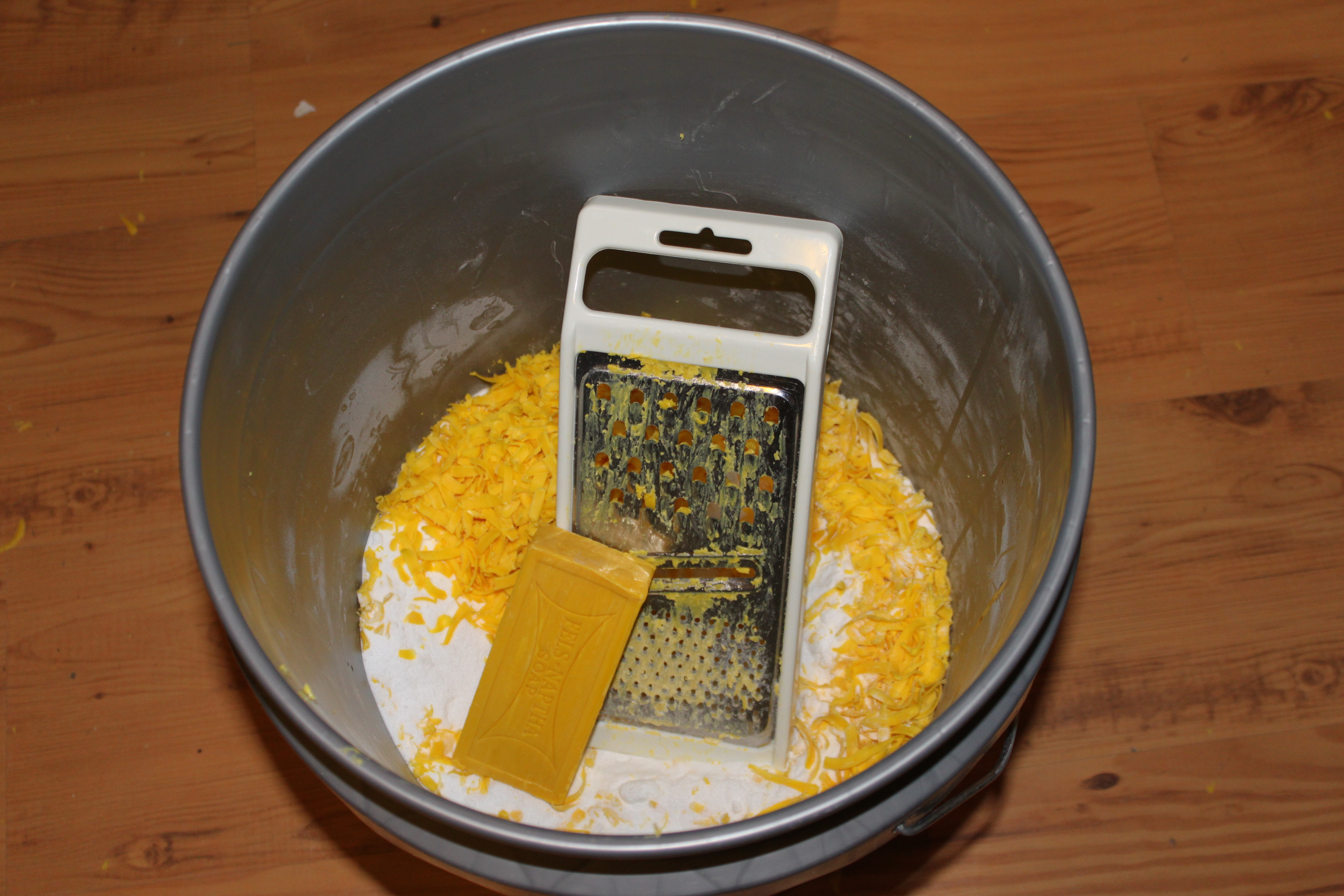It’s a Choice.
Last night I kept waking up. Have you ever had one of those nights? First, it was an alarm that was accidentally set for 1:07am (how in the world did that happen?) and then came a storm (Oh, no! All of the computers are plugged in! And what about my young plants sitting on the porch?!) I hate nights like that. You wake up feeling like you haven’t slept at all. And you start thinking, “this is going to be a bad day.” That’s what I used to do, anyway. I would give myself license to be grumpy and short-tempered after I hadn’t slept well. But then came that night long ago…
It was one of those nights as a young mom that you dread. Yay! The baby fell asleep. You nod off…for 2 minutes…only to be awakened by a loud cry. Uugh. You head back to the baby’s room to pat her for 20 minutes. You tiptoe out of the room. The cry starts up again. You go back to pat her. She is finally asleep! This happens 2 or 3 more times through the night. Is the baby teething? Or is something wrong? Should I take her to the doctor tomorrow? The baby finally is asleep for the night and then your 3 year old has a nightmare. And so he climbs into bed with you and you feel like the middle of an oreo for the next couple of hours. As you lay there, tossing and turning, the problems of your life magnify and you grow fearful of how you are going to afford something or why someone said something hurtful to you or you worry that something is seriously wrong with the baby and you play it all out in your head. Have you ever had a night like that? They are dark and very long.
But morning light comes. And that morning long ago, after a night something like that, I awoke, took two seconds to remember that my night at been just awful, and knew then and there that this was going to be a terrible day. I could feel the “grumpiness” welling up inside me.
As I headed into the shower to try to wake up and stood there letting the hot water stream down over my body I suddenly had this thought (which I believe God gave me): “It’s a choice.”
What?! Again that thought: It’s a choice. You do not have to have a bad day just because you didn’t sleep well. But of course I do, I argued inside of my head. How in the world can I function on such a small amount of sleep? I am someone who needs 8 hours of sleep. You know that, God, because you designed me that way. If I don’t get 8 hours I get irritable and ill-tempered. But these words kept coming back: It’s a choice. And I stopped arguing because I knew that it was true.
I stepped out of that shower a different person than I went in. As silly as it sounds, I had never thought through the fact that, no matter what circumstances we want to blame our choices on, we do make a choice about whether we will be irritable or whether we will be considerate. We choose to be kind or we choose to be brusque in how we respond to others.
Now, I definitely still struggle with this. But that incident was a defining moment for me. I no longer blame my attitude on a lack of sleep. Because, clearly, I have a choice. And so, even thought I didn’t sleep well last night, I choose that this day will not be ruined by my bad night’s sleep!








